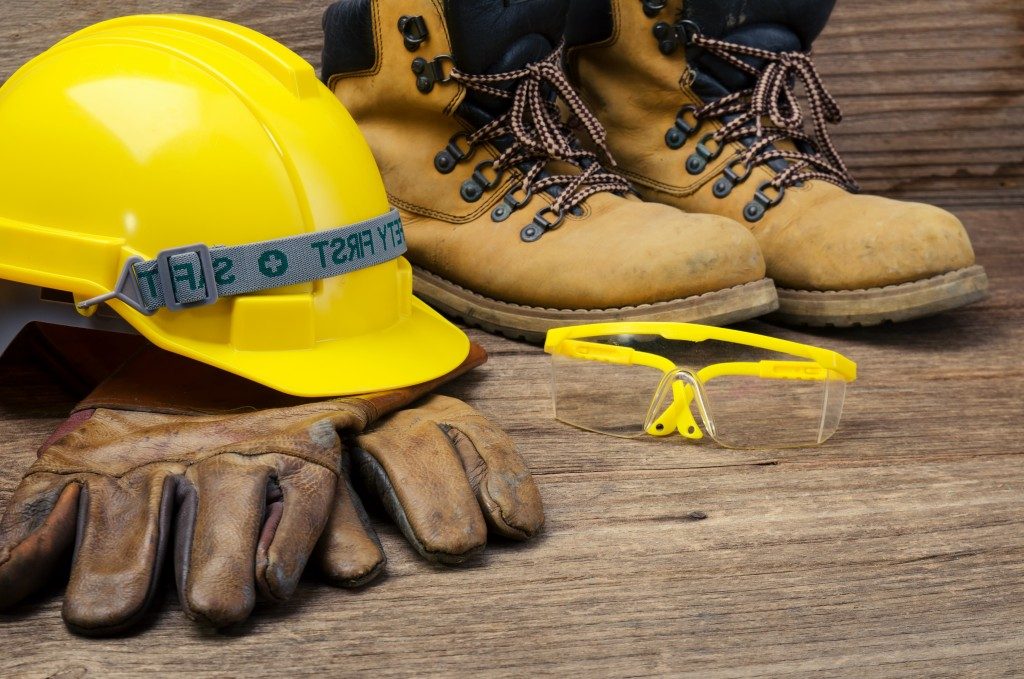Safety gear is mandatory in most countries. However, some workers rarely wear such clothing. If you are an employer, you should ensure that your employees wear protective gear appropriately, irrespective of how small their tasks will be. Why should you enforce personal protective equipment for both day and skilled labourers?
They Help Avoid Injuries
Head, foot, leg, eye, and face injuries remain the most prevalent types of injuries at the workplace. You ought to invest in the right kind of protective gear for all parts of the body. Hard hats, for instance, help protect against penetration, electrical, head impact, and falling object injuries. Most workers protect their faces but ignore their eyes. Your workers need equipment that protects against flying fragments, hot sparks, molten metals, glare, and debris. Understand that such tools would only play their role if used right.
Helps Avoid Long-term Conditions
Protecting the body is not enough. Exposure to a myriad of chemicals and compounds is likely to have lasting effects on the body. If you are in the construction industry, your employees will be exposed to asbestos, paint fumes, and other compounds. Unlike physical injuries, the effects of exposure to compounds such as asbestos will not be felt immediately. It is essential to invest in the specific protective equipment necessary for the chemicals and compounds they are likely to encounter.
They Help Avoid Lawsuits
Your employees have every right to sue you for any injuries they sustain on the job. It is true that you can compensate them, especially if you have insurance. However, such lawsuits can be expensive in time and money. Compensation for permanent injuries and death would not help with the pain caused irrespective of how fair the salary is. If you supply your workers with the right gear, there will be minimal cases of work-related injuries.

You Will Not Paying for Injuries from Your Pocket
The fact that you have workers compensation insurance does not mean that your insurance company will compensate anyone who sustains workplace injuries. If your employees do not comply with industry regulations regarding safety, your insurance company is likely not to repay them in case of injury. If this happens, you will be paying for damages from your pocket. This would hit your bank accounts hard, especially if the injuries are extensive.
They Help Increase Productivity
Personal protective equipment offers a support system for the specific tasks one performs. If your workers would be doing some heavy lifting, weight belts help with stability. Such straps also help prevent strained muscles, which might mean less productive employees the following day. The confidence of your workers would also increase when they know that they have adequate protection. This helps improve their morale, which is vital to productivity.
Understand that personal protective equipment works best as a supplement to higher-level safety measures. This makes it important to carry out a risk assessment before the job starts to know the measures to put in place. Installing masonry hangers or repairing a loose floor tile are straightforward tasks. However, a task being simple should not be an excuse not to carry out a risk assessment, or for anyone not to wear protective gear.






